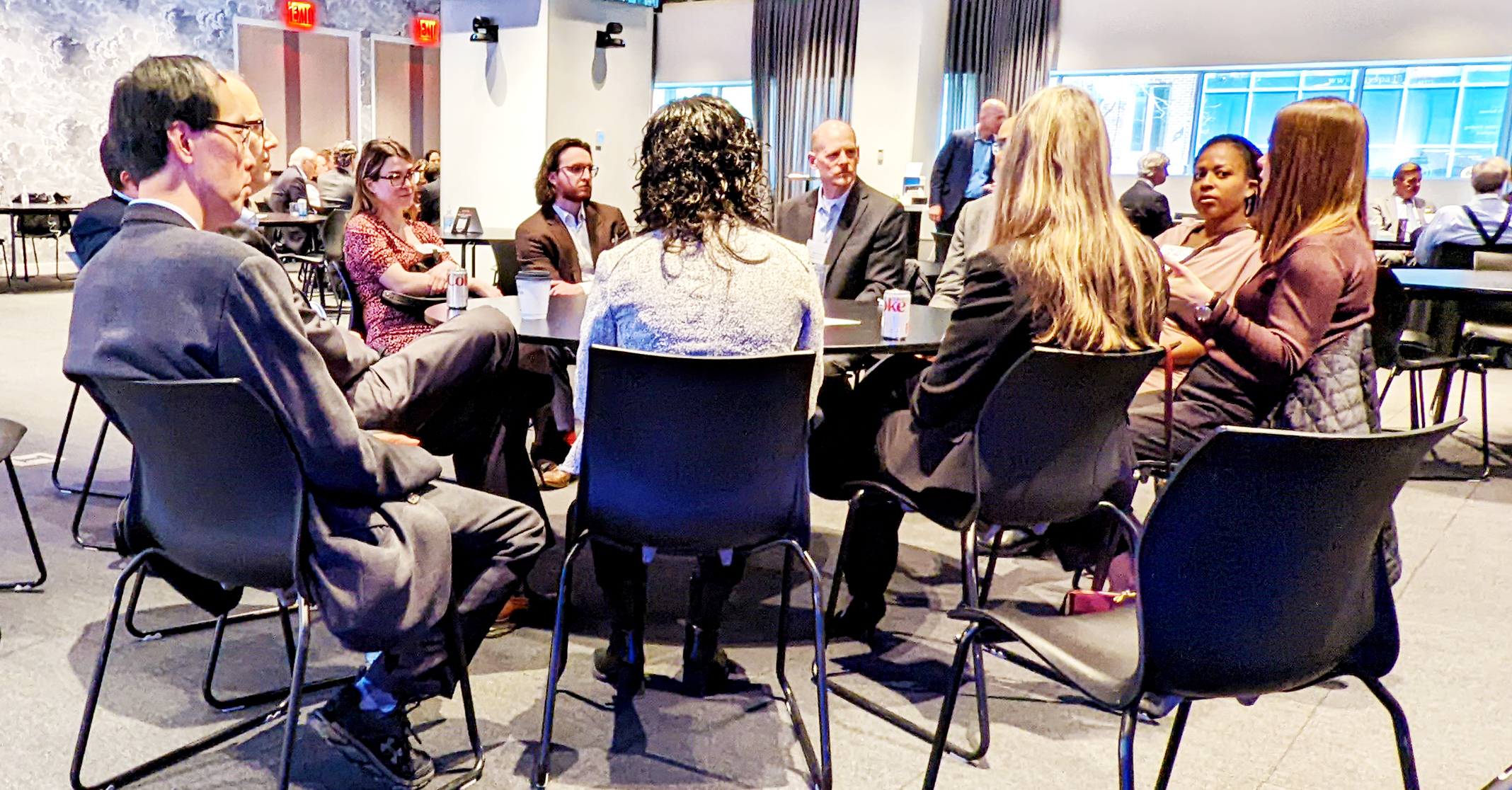As global inflation hits its highest levels in 40 years, rising interest rates have put an end to the post-Covid deal-making surge in the commercial real estate (CRE) industry. These challenges, combined with concerns about a potential recession and ongoing economic uncertainty, have left investors wondering where the best opportunities lie.
In this blog post, we'll explore some of the key topics that will be discussed in the upcoming Power Players Talk: CRE Outlook event, including:
Interest Rates: When are interest rates likely to peak, and what is the likelihood of a hard landing for the US economy?
When it comes to interest rates, the Federal Reserve is likely to continue raising rates in the short term to combat inflation. However, the pace of rate hikes may slow down in the coming months, depending on the state of the economy and other factors. As for the likelihood of a hard landing, this is difficult to predict with certainty, as it depends on a range of factors such as global economic conditions, inflationary pressures, and government policies.
Recession: From a historical data perspective, how would different property types perform in a V-shaped, U-shaped, or W-shaped recession?
Historical data suggests that different property types perform differently in different recession scenarios. For example, industrial and multifamily properties tend to hold up well during recessions, as they are more resilient to economic downturns than other asset classes. Retail and office properties, on the other hand, may be more vulnerable during a recession, as they are more sensitive to changes in consumer and business spending.
Policy Challenges: Recent legislative efforts to cap apartment rents, increase eviction protections, climate change laws, and a proposed mortgage recording tax on the mezzanine and preferred equity financing are some of the challenges facing the CRE industry.
Loan Maturities: What will happen to loans maturing in the next two years, and what opportunities and challenges will this present for borrowers and lenders?
Morgan Stanley projects that more than 50% of the $2.9 trillion in commercial mortgages will need to be renegotiated in the next two years, presenting both opportunities and challenges for borrowers and lenders. While refinancing may be difficult due to rising interest rates, there may be opportunities to acquire distressed properties through loan workouts and foreclosures.
Bank Failures: What are the implications of recent bank failures for the commercial real estate sector, and how will this affect dealmaking activity?
Recent bank failures will have implications for the CRE sector, including reduced access to financing, a decline in property valuations, increased scrutiny on underwriting standards, and greater competition among lenders for high-quality borrowers. The impact of bank failures on the industry will be significant but there are many other sources of capital for commercial real estate investors, including real estate private equity firms.
Office Sector: Which markets and segments within the office sector offer the greatest potential for risk-adjusted returns, and how low do office values need to go to start investing again?
The decision to invest in office properties depends on a range of factors, including market conditions, tenant demand, and the overall economic environment. It's difficult to pinpoint a specific threshold for office values, as this will vary depending on the specifics of each market and property. In general, investors should consider a range of fundamental factors, such as vacancy rates, rental rates, and supply and demand dynamics, before making investment decisions in the office sector. Current economic conditions and reduced occupancy will result in significant opportunities for distressed investing in some segments of the office sector.
Private Real Estate Valuations: What's likely to happen to private real estate valuations over the next year, and how will this affect dealmaking activity?
Private real estate valuations are likely to be affected by a range of factors, such as interest rates, economic conditions, instability in the banking sector, and government policies. In general, rising interest rates could put downward pressure on valuations, as investors may demand higher returns to compensate for the increased cost of borrowing. However, other factors, such as strong market fundamentals and improving economic conditions, could offset these effects. Ultimately, the impact of valuations on deal-making activity will depend on a range of factors, including investor preferences, market conditions, and capital availability.
By understanding these key topics and staying informed about the challenges and opportunities facing the industry, investors can make more informed decisions and find new opportunities in the current market.
In conclusion, the commercial real estate industry is facing a new set of challenges amid rising interest rates, recession concerns, and ongoing economic uncertainty. However, by staying informed about the latest developments and trends and keeping an eye on key opportunities, investors can make the most of their investments and come out ahead in today's ever-changing market.
.png?width=600&height=150&name=logo%20(6).png)






